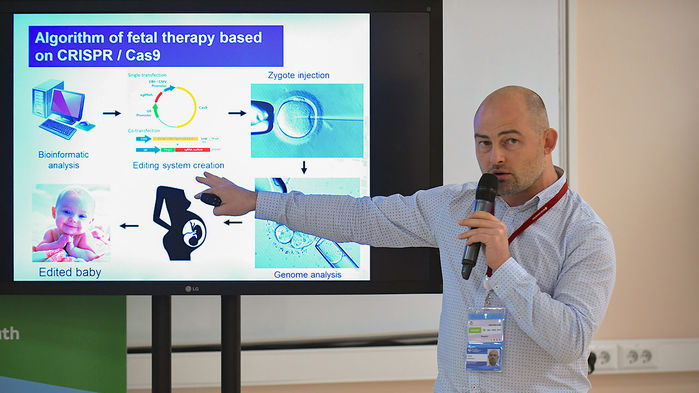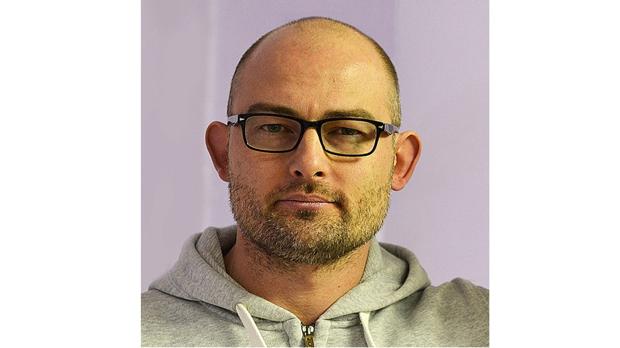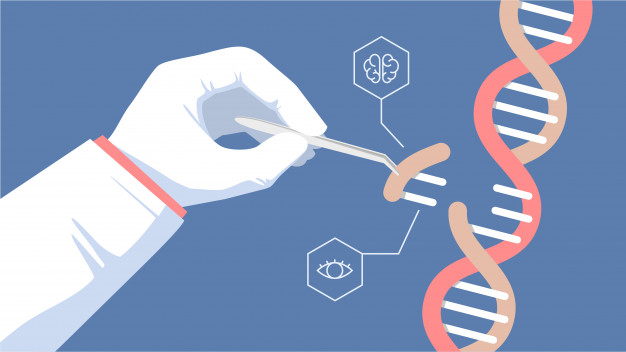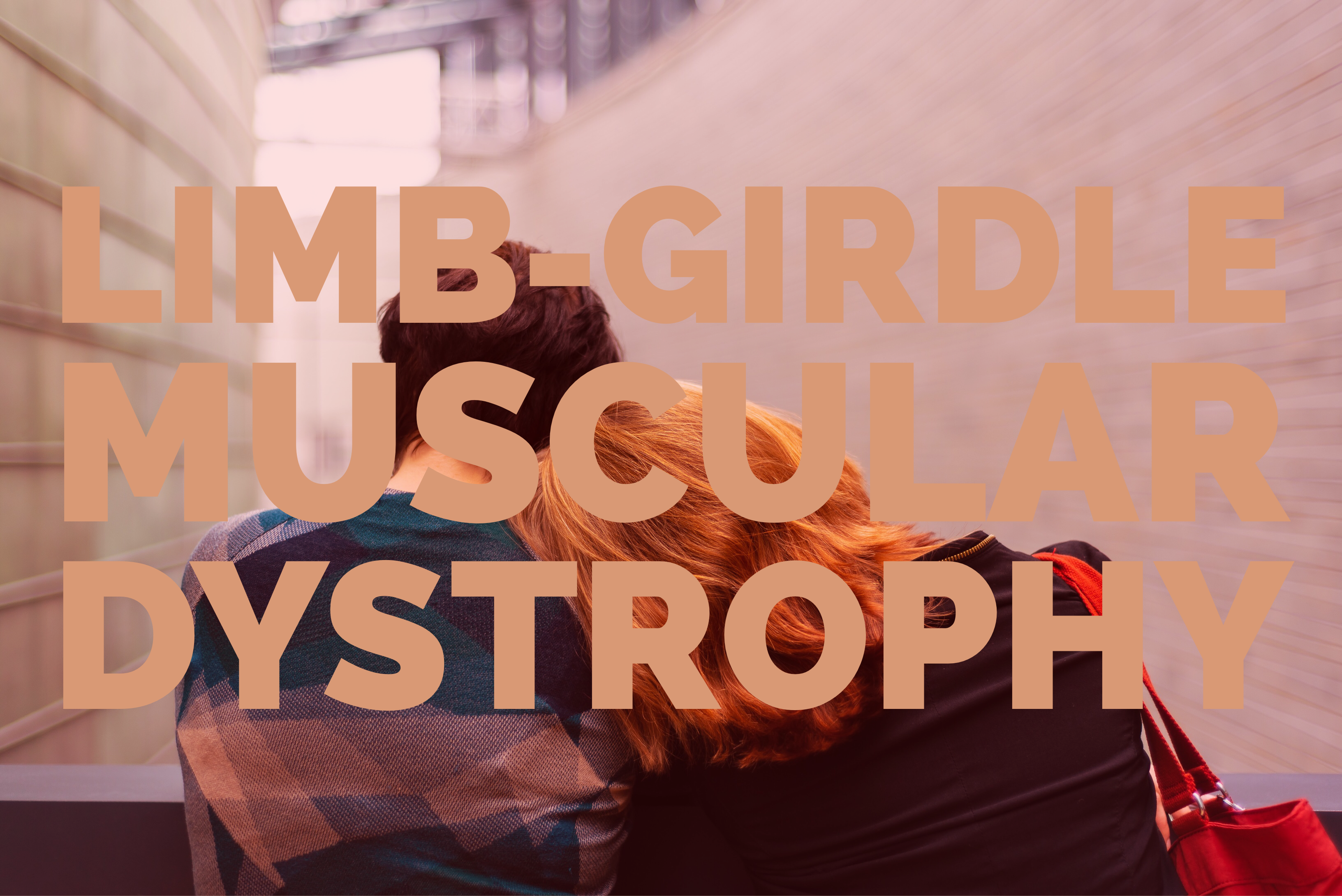
The world was already aflame with buzz after the revelation that He Jiankui, Chinese scientist, had genetically engineered the genome of two twin babies which had came to term. Now Denis Rebrikov, a Russian Scientist, wishes to do the same thing.
Denis Rebrikov & The Announcement
On June 10th, 2019, Denis Rebrikov announced to nature magazine that he is planning to genetically edit more human embryos with the revolutionary CRISPR-Cas9 Technology (more on CRISPR-Cas9 later). This is despite the unilateral condemnation of this practice by the scientific community and the regulations against such practice by governments world wide. “We cant stop progress with words on paper” Rebrikov says about the attempts to block the practice of editing the genes of the human species.
What Does Denis Rebrikov Plan To Do?
In my previous article Exactly What Did He Jiankui Do? I discussed how He Jianku used CRISPR-Cas9 to genetically edit the embryo of a woman outside her body to be “HIV resistant” before implanting the embryo back inside her body via in vitro fertilization. Now much like his predecessor Denis Rebrikov intends to attempt inducing HIV resistance in humans.
There is a stark difference in what Denis Rebrikov intends to do with his experiment though. Where He Jiankui modified the CCR5 gene in embryos created from HIV positive fathers, Denis plans to disable the CCR5 gene in embryos before implanting them into HIV positive mothers. Thereby reducing the risk of mothers passing on the virus to their offspring in utero.
By doing this, Denis claims that his methods will offer far more clinical benefits than his processors because HIV positive fathers are far less likely to pass on the virus than HIV positive mothers.
There are a few Problems..to name a few
While at first glance the proposition does make sense, scientist around the world are still cautioning against the practice of editing the human genome. “The technology is not ready.” says Jennifer Doudna, the molecular biologist at the University of California Berkeley who co-discovered the technology that Rebrikov intends to use. “It is irresponsible to proceed with this protocol at this time,” Says Alta Chiro who is a member of the committee assigned by the World Health Organization to formulate ethical policies for human genome editing.
And like his predecessor before him Rebrikov also fails to address the problem of the genetic mosaic, a term used to describe a process in which an organisms has cells with different genotypes, in this case the non edited cells and the edited cells. Sometimes the combination of cells from different genotypes can be harmless. Other times though it can result in “severe abnormalities or genetic diseases”.
Similarly to the problem of the genetic mosaic, the tool CRISPR-Cas9 sometimes causes off target mutations. Rebrikov may unintentionally miss his target and switch off a tumor surprising gene. He assures though that he has developed techniques that will mitigate “off target mutations’’. Scientist remain skeptical of his assurances.
Rules & Regulations Barring The Practice?
While the implantation of gene edited embryos is banned in many countries, the laws surrounding the gene editing embryos in Russia is very ambiguous. In most circumstances, in Russia, the law bars genetic engineering. the law does not specify however how the rules would be enforced in relation to genetically engineered embryos.
Rebrikov plans to address this issue by requesting that the health ministry clarify the rules on genetic engineering and lobbying three different government agencies in Russia, the health ministry included. He however says that he feels tempted to proceed with out clarification of the government agency though out of the sense of urgency he feels to helping HIV afflicted women.
Claiming to understand that proceeding to continue with the experiments before clarification from the government concerning the rules and regulations could end him up like He Jianku, he states ” I think I’m crazy enough to do it.”






More Stories
Using CRISPR Chinese Scientists Successfully Slow Down Aging in Mice
HIV Cure May Be on The Verge of Discovery
CRISPR Babies Scientist Sentenced To Jail Time